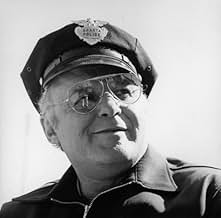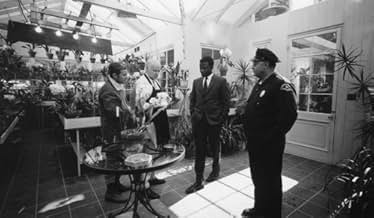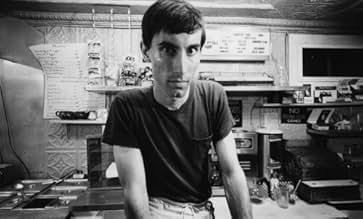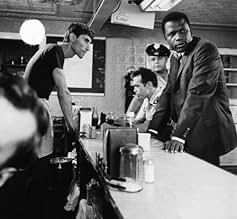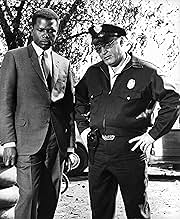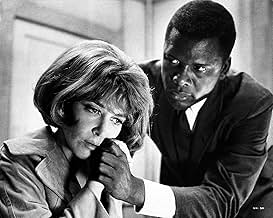One of the great films of the 60s, "In the Heat of the Night" hasn't aged a bit in the four decades since its release and now deserves to be ranked with the great films of all time. Beautifully atmospheric, Haskell Wexler's brilliant cinematography and Norman Jewison's first rate direction make you feel the humidity of the small Mississippi town in which a black detective teams with the redneck sheriff to solve the murder of an important industrialist.
As sheriff Bill Gillespie, Rod Steiger is superb in his Oscar winning role, and this film provides Sidney Poitier with some of his greatest screen moments, including his famous admonition to Steiger that became the title of the less impressive 1970 spin off: "They call me MISTER Tibbs!"
This is one of the few politically correct films to make its point without resorting to heavy-handed, sanctimonious preaching. Stirling Silliphant's Oscar winning screenplay never hits a false note, and the change that occurs in the relationship between the leading characters is subtle, and, therefore, believable. The two stars are ably supported by an outstanding cast of both veterans (Lee Grant, Warren Oates, Beah Richards) and newcomers (Scott Wilson, Quentin Dean, and the delightfully creepy Anthony James). The score by Quincy Jones, featuring Ray Charles' rendition of the title song, captures the proper mood throughout.
In a year when the odds-makers were predicting an Oscar victory for "Bonnie and Clyde" or "The Graduate," "In the Heat of the Night" surprised the prognosticators by taking the Best Picture prize and four other Oscars. Considering its theme of racial tolerance, it seemed an appropriate choice at an Oscar ceremony that was postponed following the assassination of Martin Luther King, Jr. The film's theme made it timely, but its artistry makes it timeless.
The Academy made the right choice.
Brian W. Fairbanks




